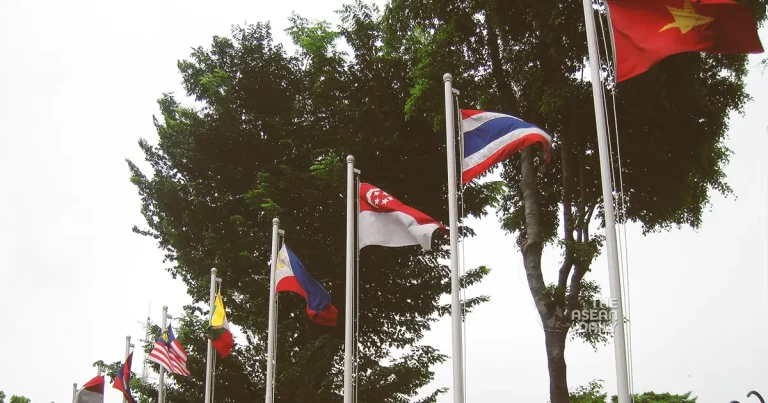24-7-2024 (VIENTIANE) The Association of Southeast Asian Nations (ASEAN) convened in Laos on Wednesday (July 24) for a crucial meeting of foreign ministers, setting the stage for two high-stakes summits later this week. The bloc faces mounting pressure to address the ongoing crisis in Myanmar and escalating tensions in the South China Sea, as it prepares to host top diplomats from the world’s major powers.
The ASEAN foreign ministers’ meeting serves as a prelude to Saturday’s summits, which will draw officials from the United States, European Union, Japan, China, Russia, and other global players to the Laotian capital. These gatherings are expected to tackle a range of pressing international issues, with the Myanmar situation and maritime disputes taking centre stage.
The persistent turmoil in Myanmar, which has devolved into a civil war following the 2021 military coup, continues to test ASEAN’s resolve and credibility. The United Nations reports that the conflict has displaced a staggering 2.6 million people, underscoring the urgent need for a resolution. However, the bloc’s efforts to broker peace have thus far yielded little fruit, with the Myanmar junta showing reluctance to honour its commitments to dialogue.
Frustration is mounting among ASEAN’s influential members, including Thailand, Indonesia, Singapore, and Malaysia, over the lack of progress in implementing the bloc’s peace plan. As Laos assumes the chair of ASEAN, questions linger about what headway, if any, it has made in advancing the diplomatic initiatives begun by its predecessor, Indonesia.
Sidharto Suryodipuro, a senior Indonesian foreign ministry official, emphasised the complexity of the situation, stating, “Diplomatic efforts can’t finish overnight. Progress is working slowly… those efforts are done discreetly. Under the Laos chairmanship, the special envoy is approaching many parties.”
Parallel to the Myanmar issue, ASEAN is grappling with heightened tensions in the South China Sea. The bloc is expected to push for the finalisation of a long-awaited code of conduct with Beijing, an initiative that has been in the works since 2002. Recent confrontations between China and the Philippines over disputed reefs have lent new urgency to these negotiations.
In a move that may ruffle feathers in Beijing, the Philippines is set to propose the creation of an ASEAN Coast Guard Forum to facilitate dialogue and law enforcement among member states. This proposal comes amidst accusations from Manila and Washington of hostile actions by China’s coast guard in the disputed waters.
While Indonesia expresses hope for the conclusion of a code by 2026, some security analysts remain sceptical about the feasibility of achieving a binding and enforceable agreement. The insistence of some ASEAN states on basing the code on the United Nations Convention on the Law of the Sea (UNCLOS) further complicates negotiations, given China’s rejection of a 2016 arbitral ruling that invalidated much of its maritime claims.
The weekend summits, including the East Asia Summit and the ASEAN Regional Forum, will see US Secretary of State Antony Blinken advocating for adherence to international law in the South China Sea. Chinese Foreign Minister Wang Yi will also be in attendance, setting the stage for potential diplomatic confrontations over the disputed waters, through which an estimated $3 trillion in annual trade flows.
Beyond regional concerns, the summits are expected to address a broad spectrum of global issues, including the ongoing conflicts in Gaza and Ukraine, food security, climate change, trade protectionism, and North Korea’s nuclear ambitions.




